by Insia Dariwala
On July 23, 2016, Sahiyo was felicitated with the very prestigious ‘Daughter of Maharashtra’ award for our continuous efforts in addressing FGM/C in India. Sahiyo co-founder Insia Dariwala, who received the award on behalf of Sahiyo at the ceremony in Pune, shares her experience here:
The award, a brainchild of Nari Samata Manch, was given away by celebrated filmmaker Nagraj Manjule, of ‘Sairat’ fame. One of the oldest organisations in Pune, Nari Samta Manch has zealously been fighting for the cause of gender issues and Women’s Rights for the past 30 years.
The ‘Daughter of Maharashtra’ award originated as a documented project through a book, and then went on to felicitate real life heroes, with not just a memento, but also a cash prize of Rs 10,000. It was also an honour to learn that Sahiyo was the last recipient of this award.
The venue at ILS Law College was teeming with women from different walks of life, and rightly so, since the other recipient of this award was Chhaya Tamchekar, a brave woman who left a deep impact on me.
Chhaya was awarded for her bravery in challenging the archaic laws of the ‘Jaat Panchayats’ (caste courts) in her village. Widowed at a very young age, Chhaya was declared a “characterless” woman, so that her property could be usurped by her in-laws. But that was not all. The Panchayat had ruled that Chhaya would have to take a test to prove her chastity, which involved walking naked in the village, with hot flour balls being thrown at her. Instead, she refused and fled the village with her two kids, took her case to the media and police, and finally with the help of an organisation fighting against superstitions, she was able to shut down 17 such kangaroo courts, and get justice for her and her children.
Chhaya’s triumphs are worth celebrating as it resonates with the millions of women who have been brave enough to battle many such sadistic rituals, and traditions, in their part of the world.
Today, Sahiyo is proud to be counted amongst those women, and we are grateful to an organisation like Nari Samta Manch, that recognises and applauds such efforts.
Thank You Nari Samta Manch!

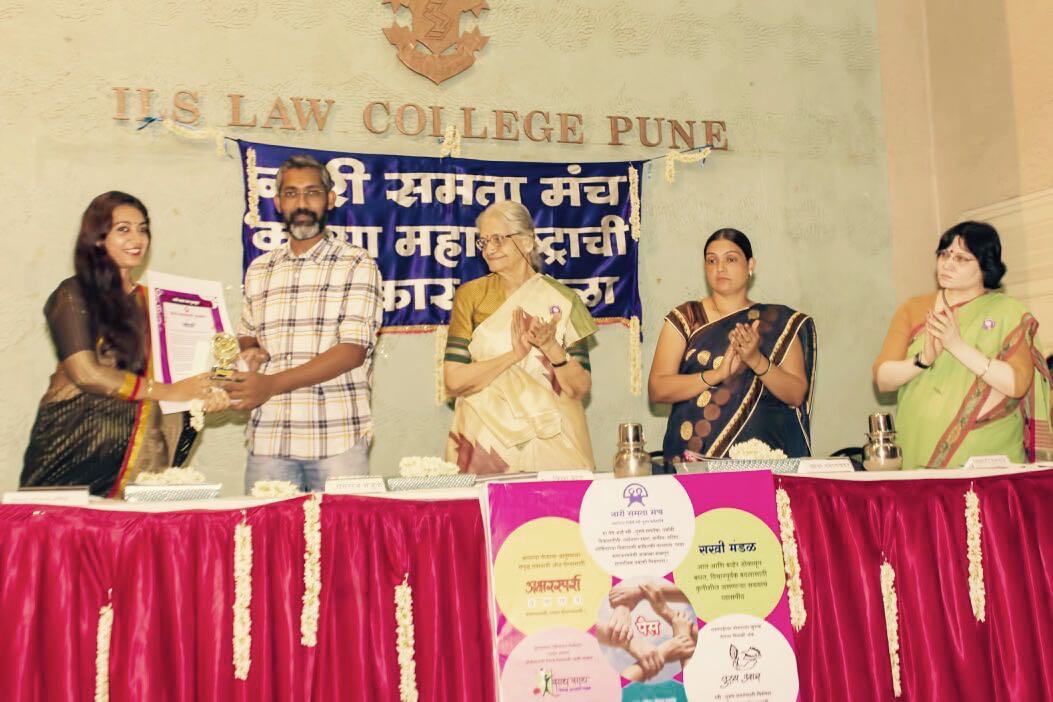

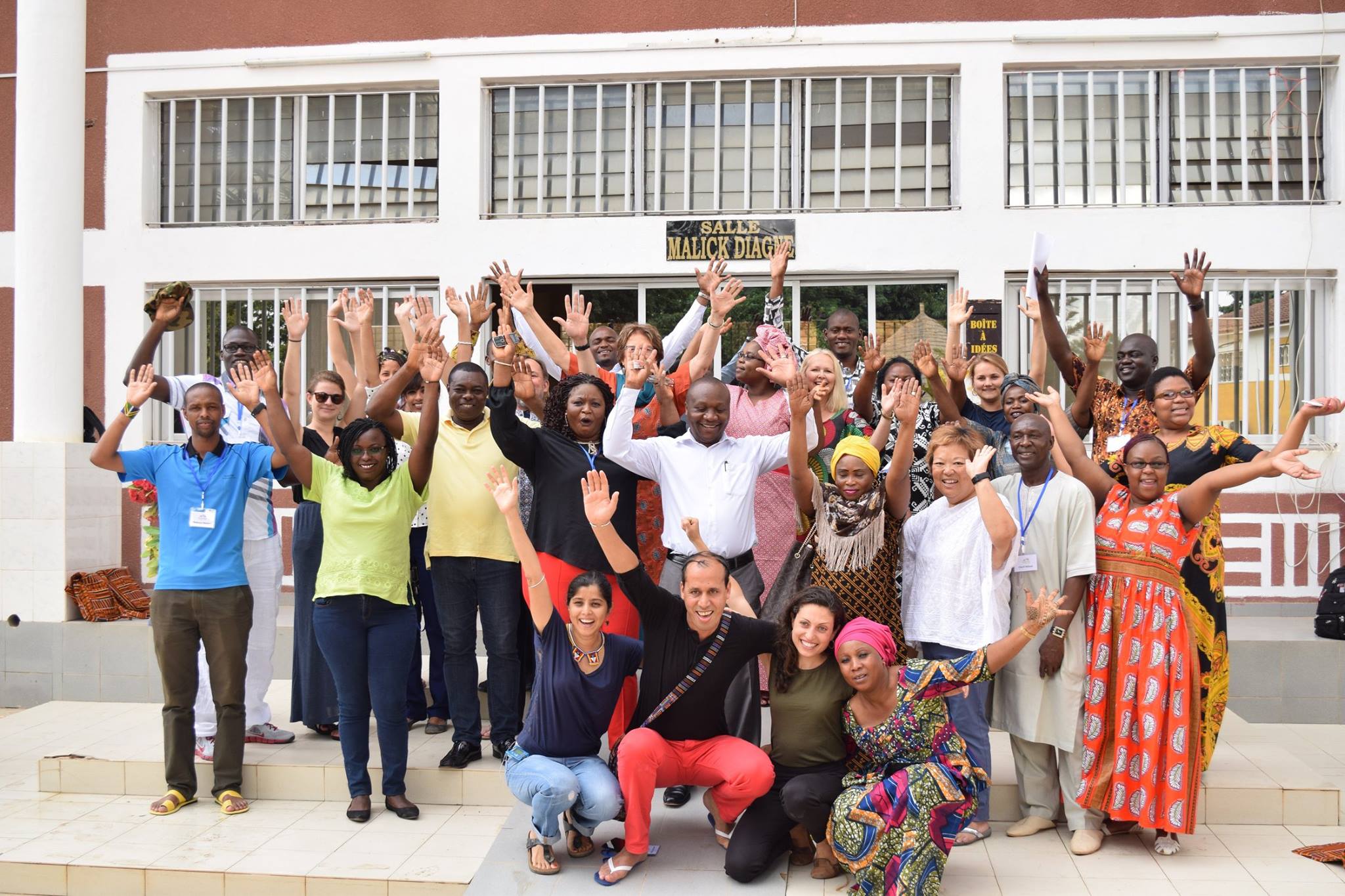
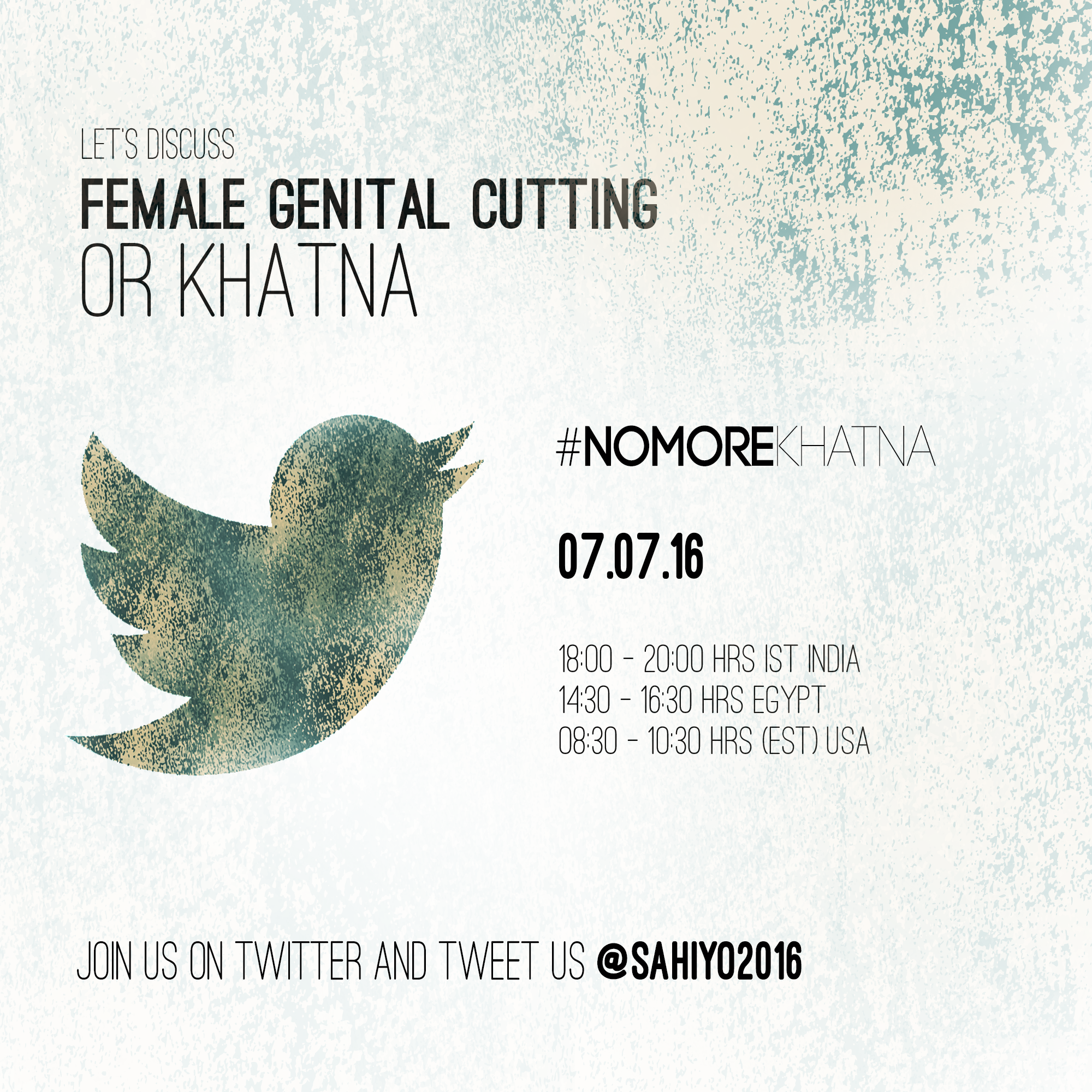
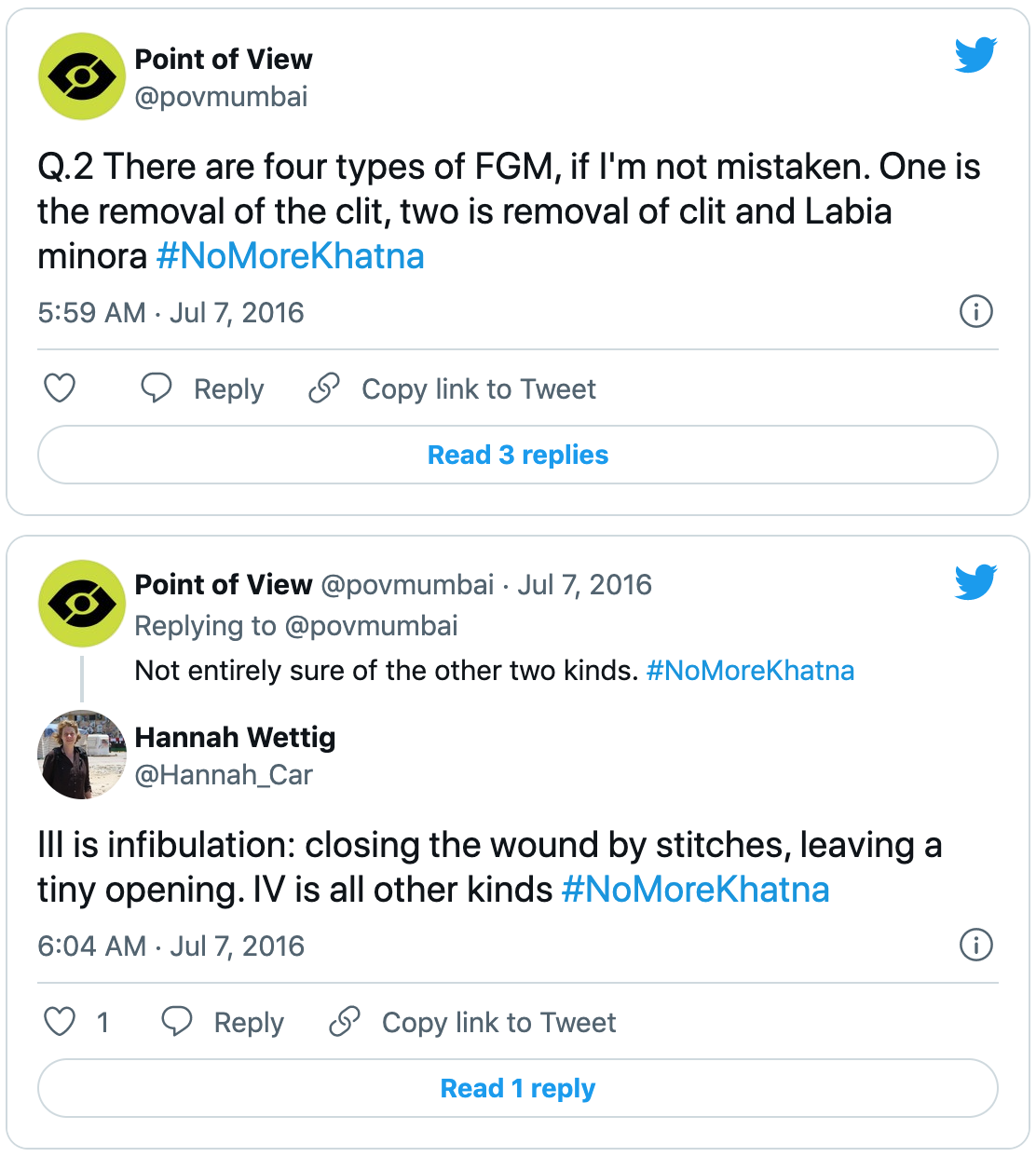
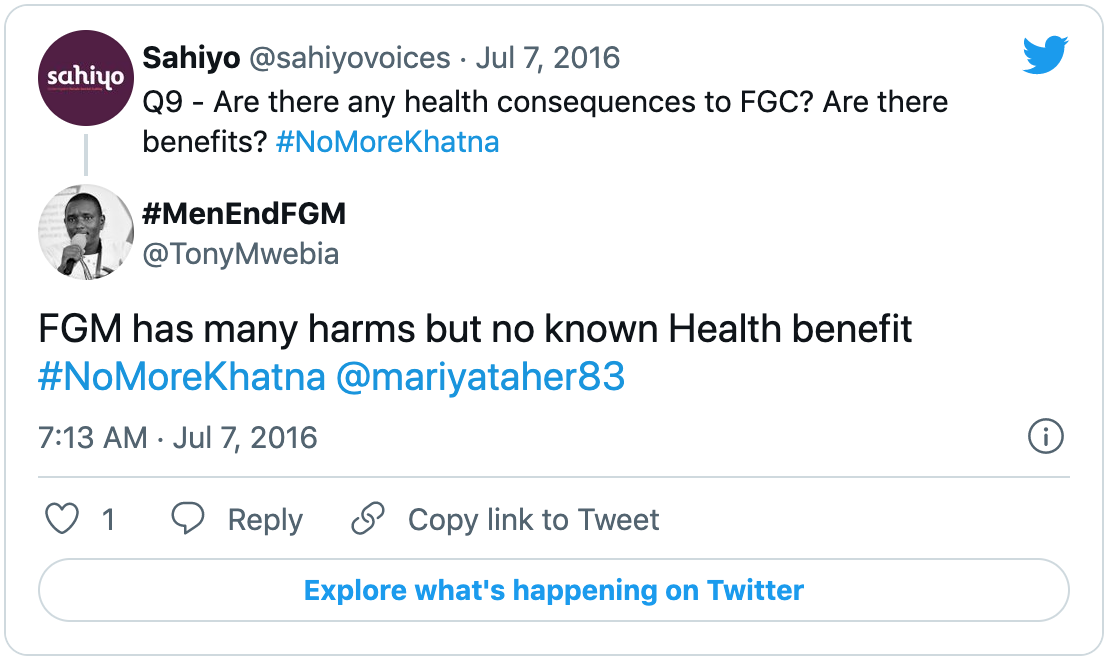
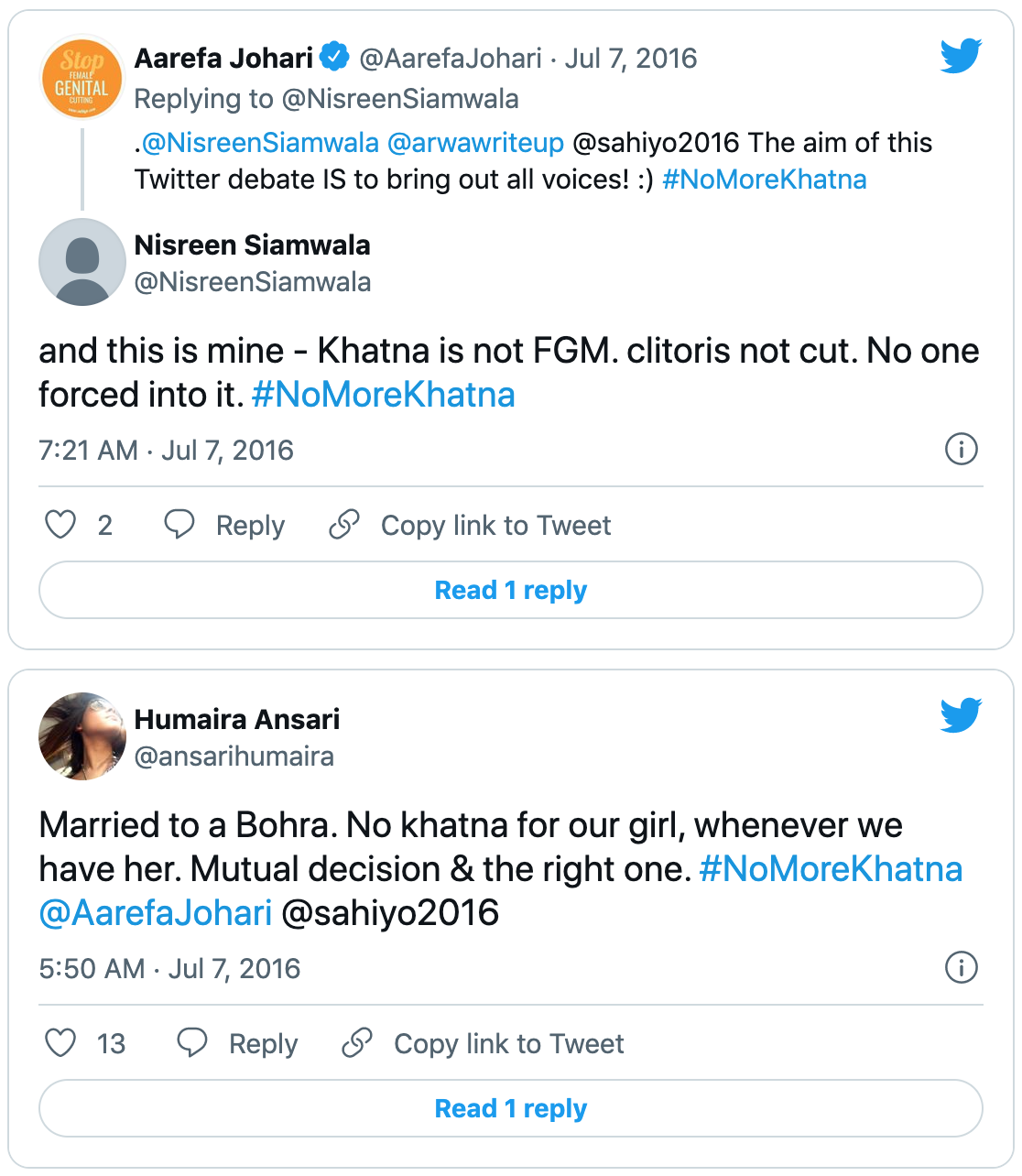
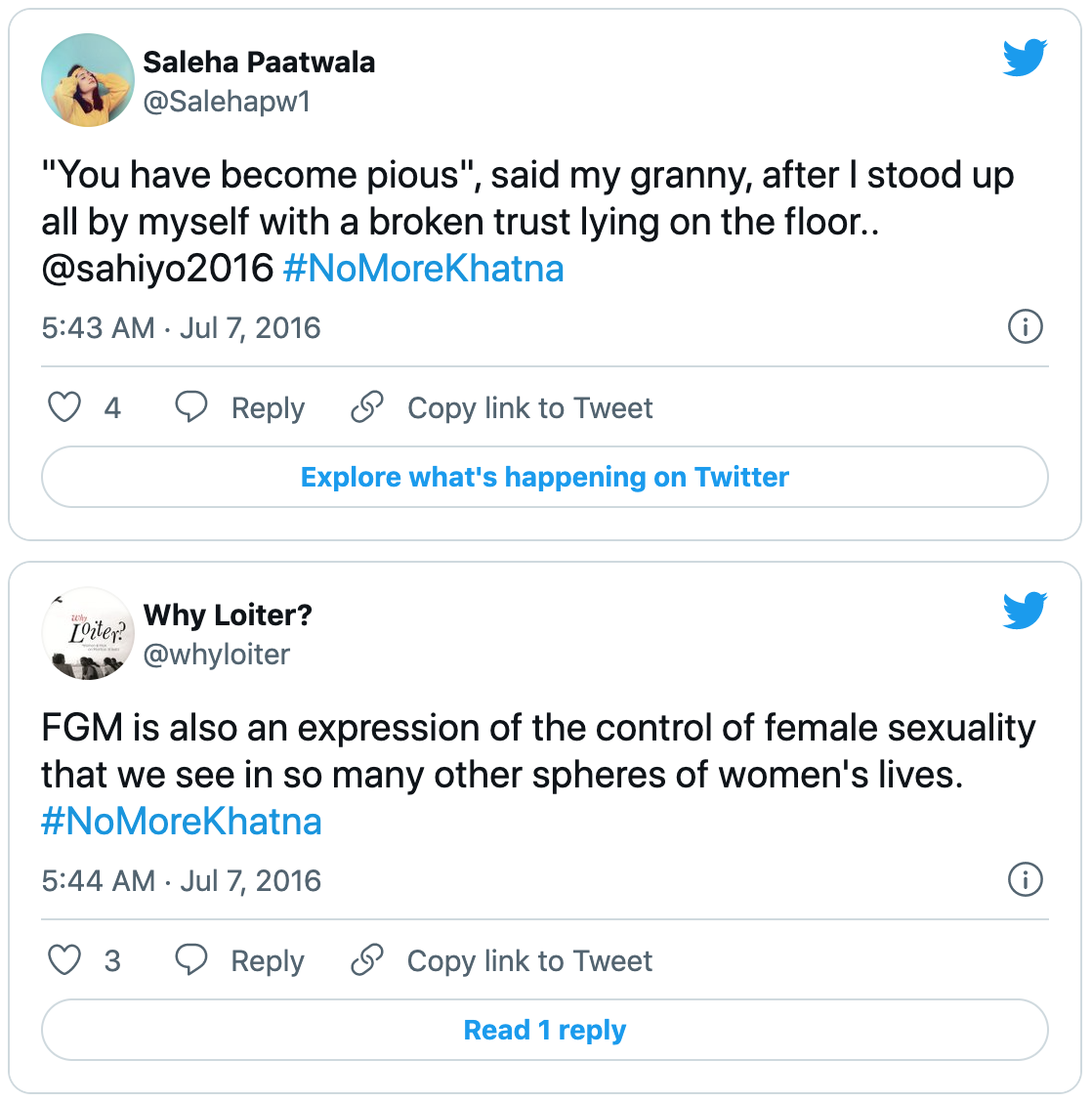
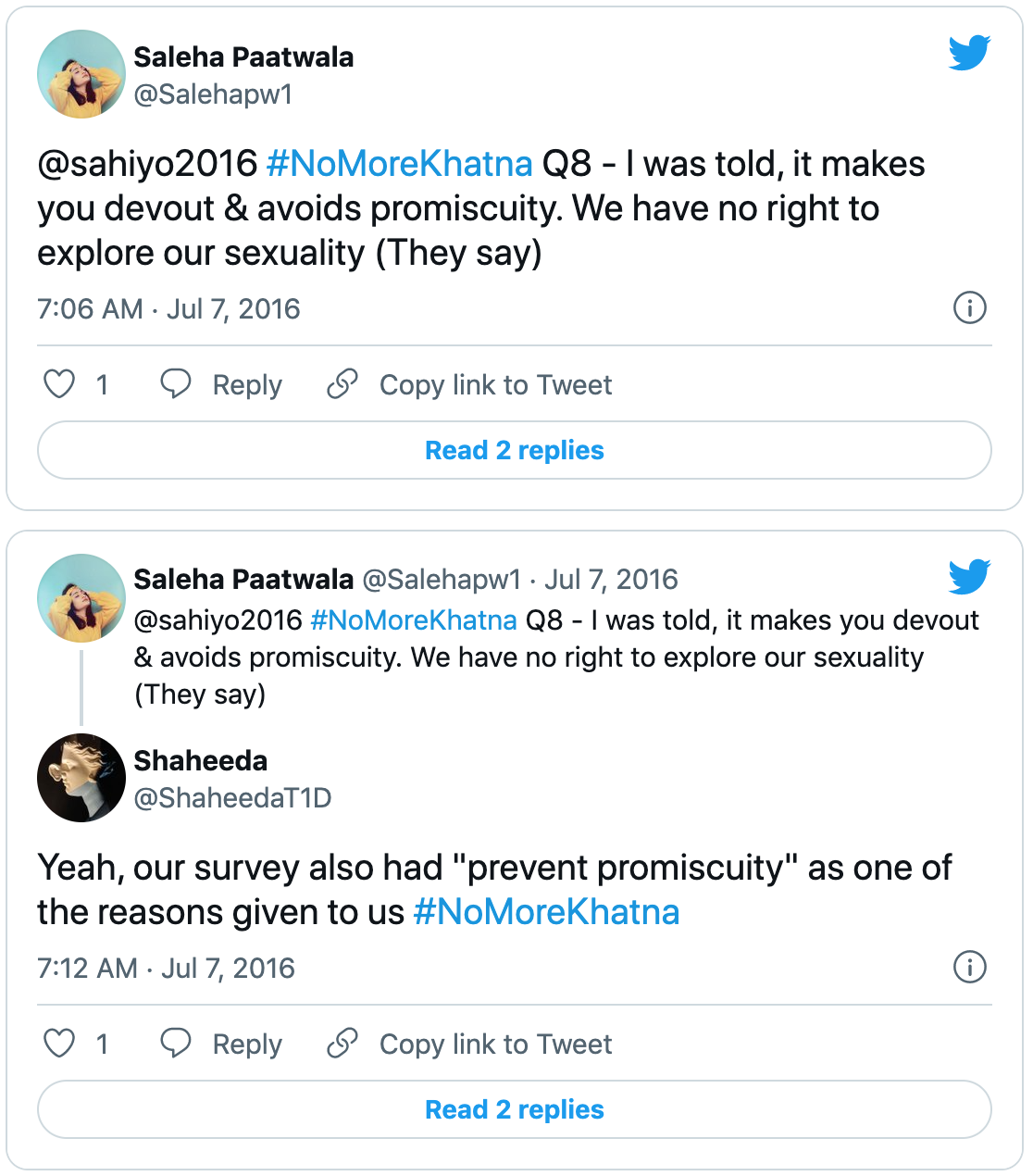
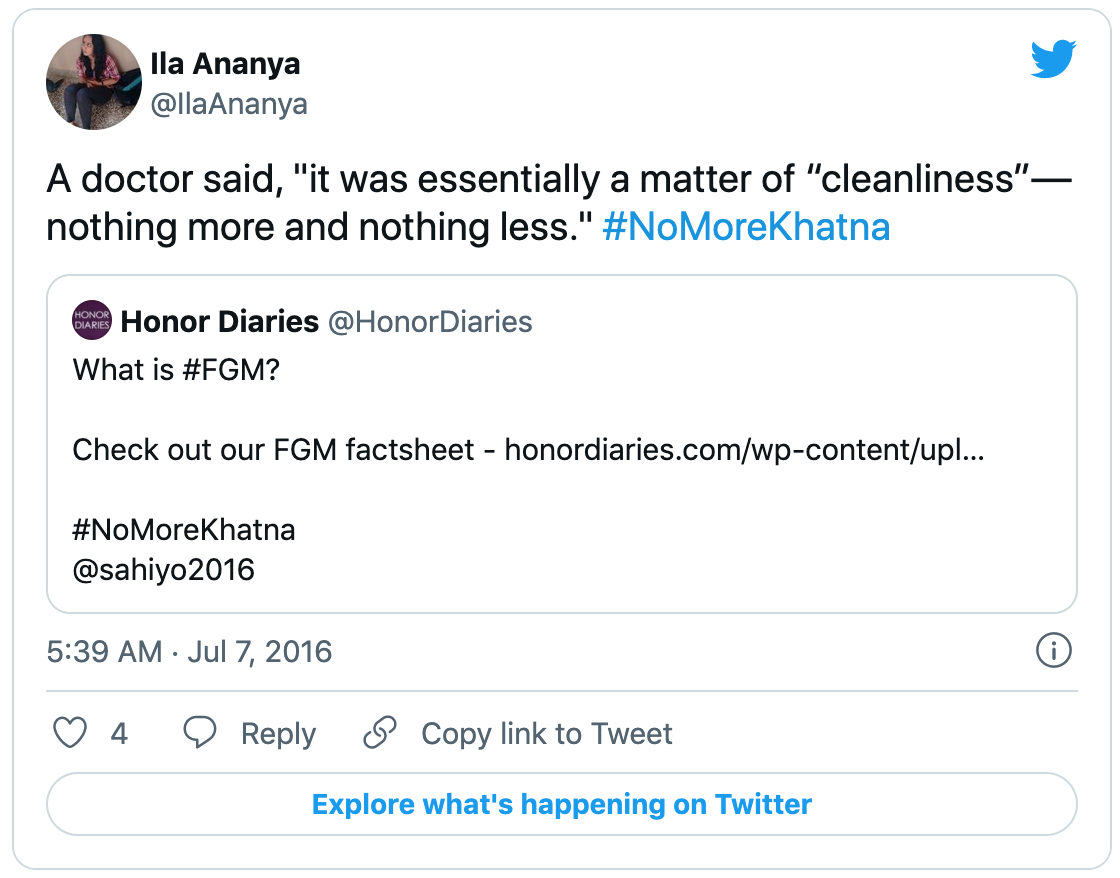
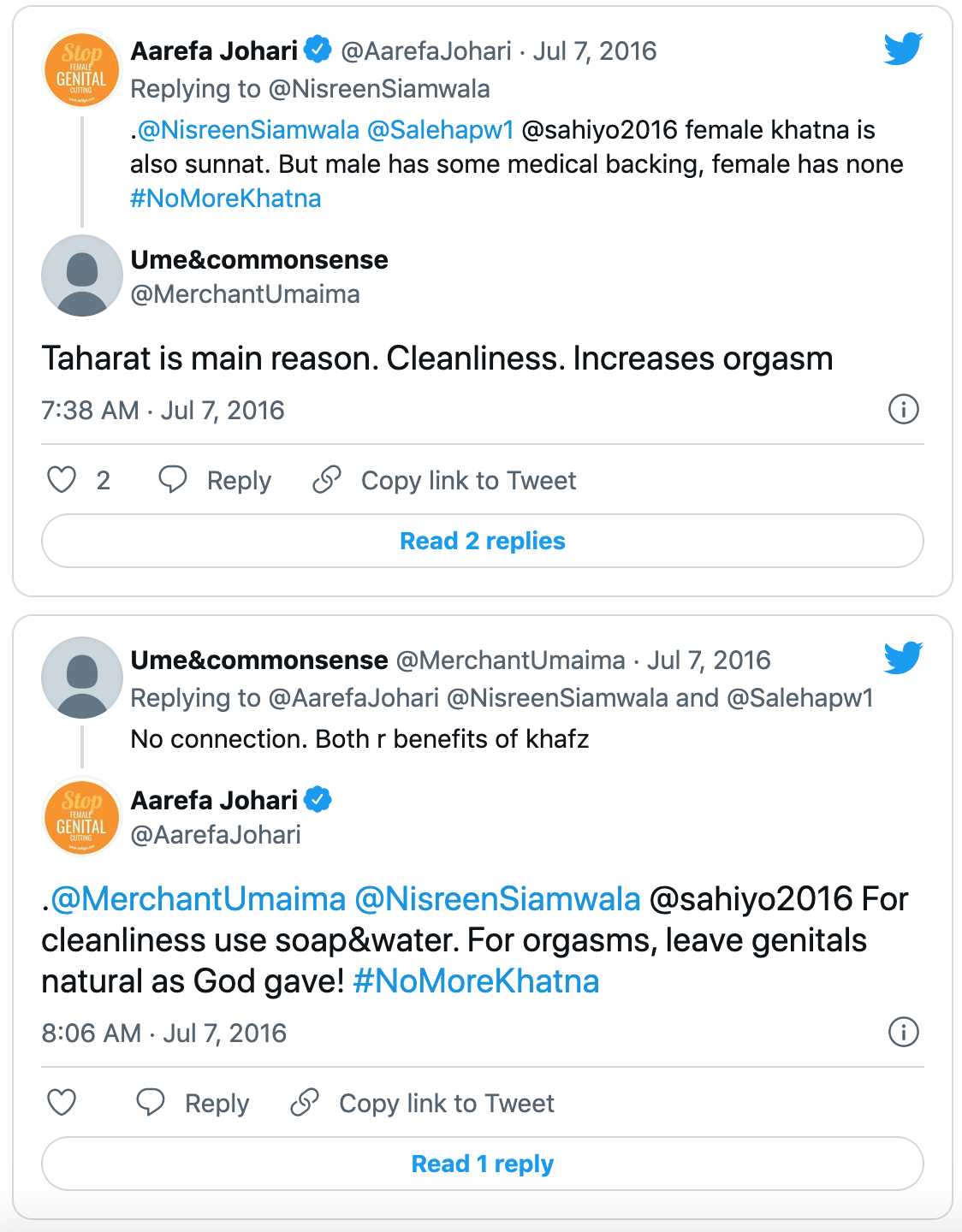
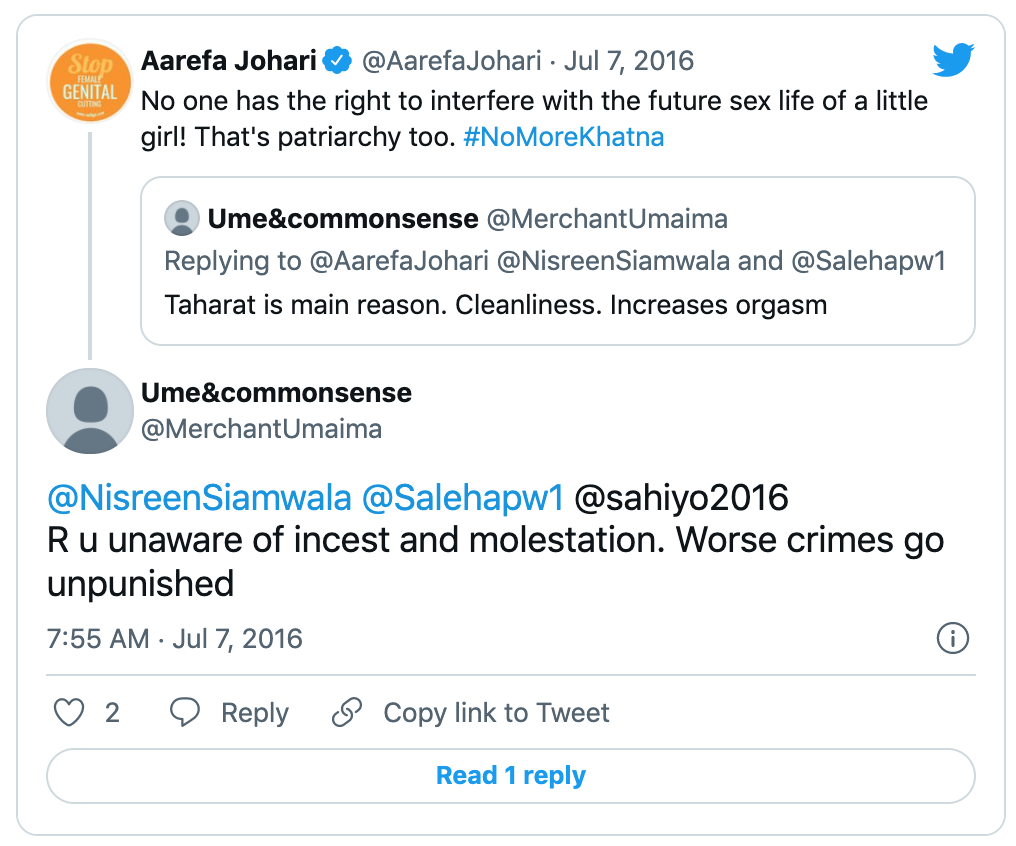
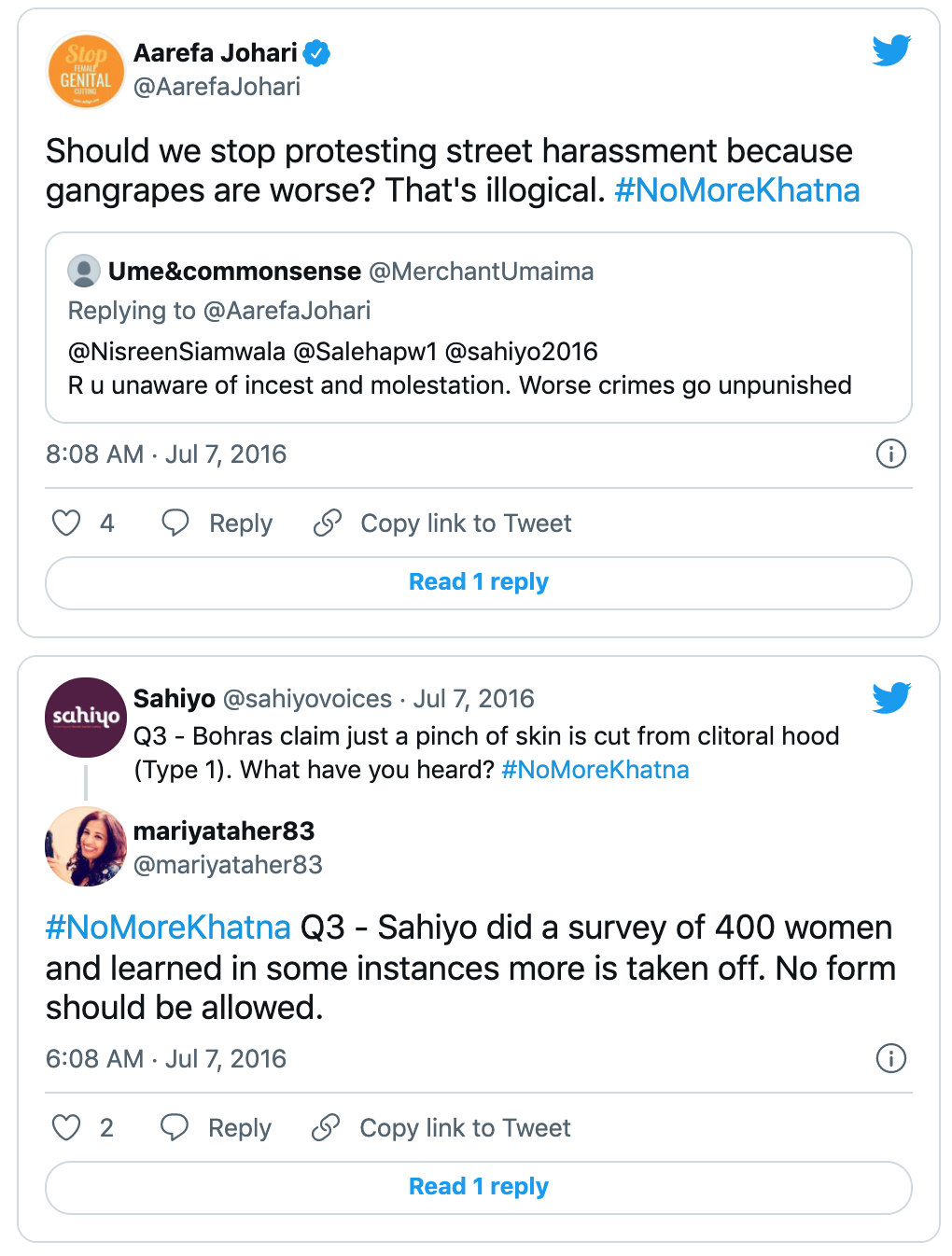
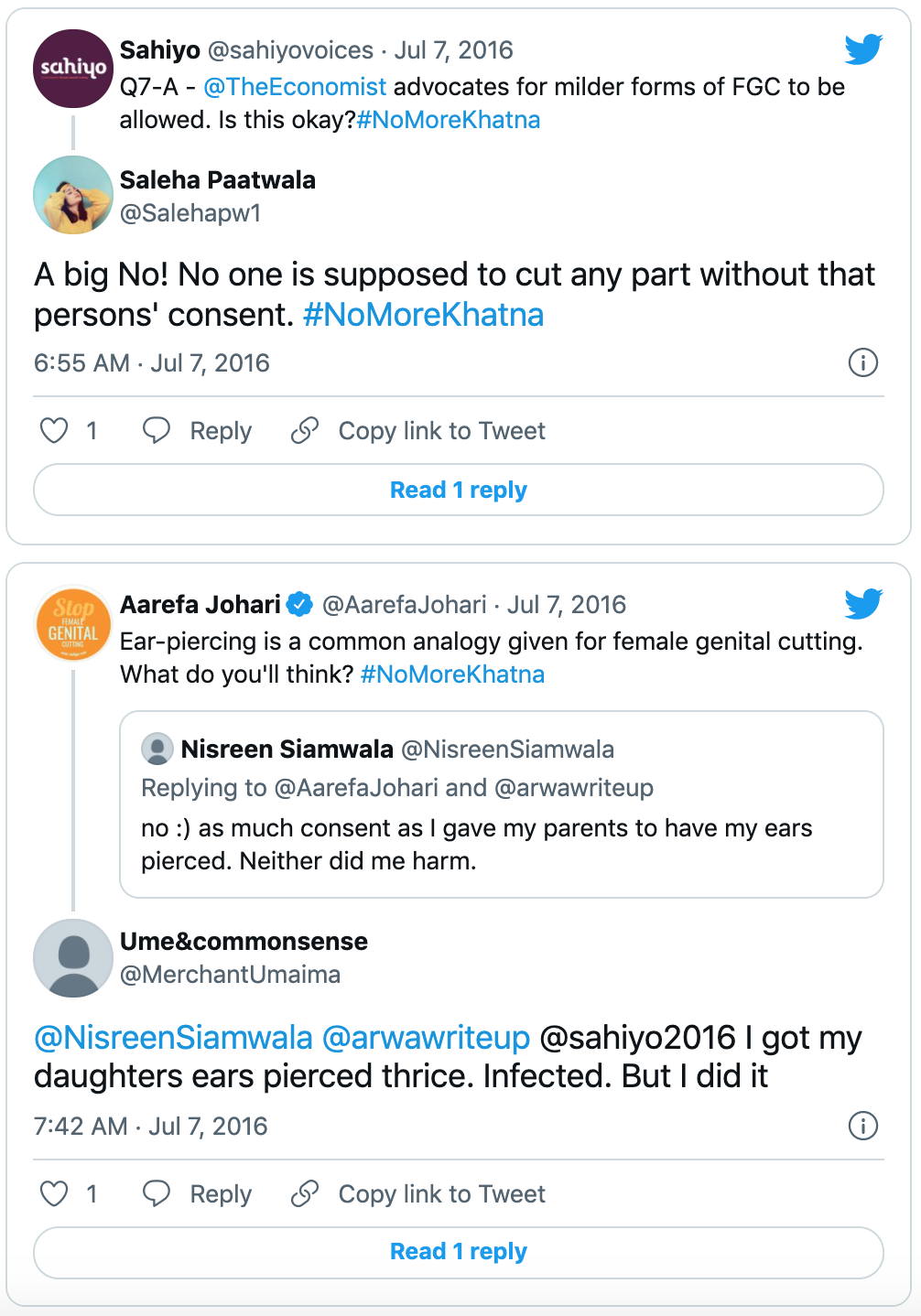
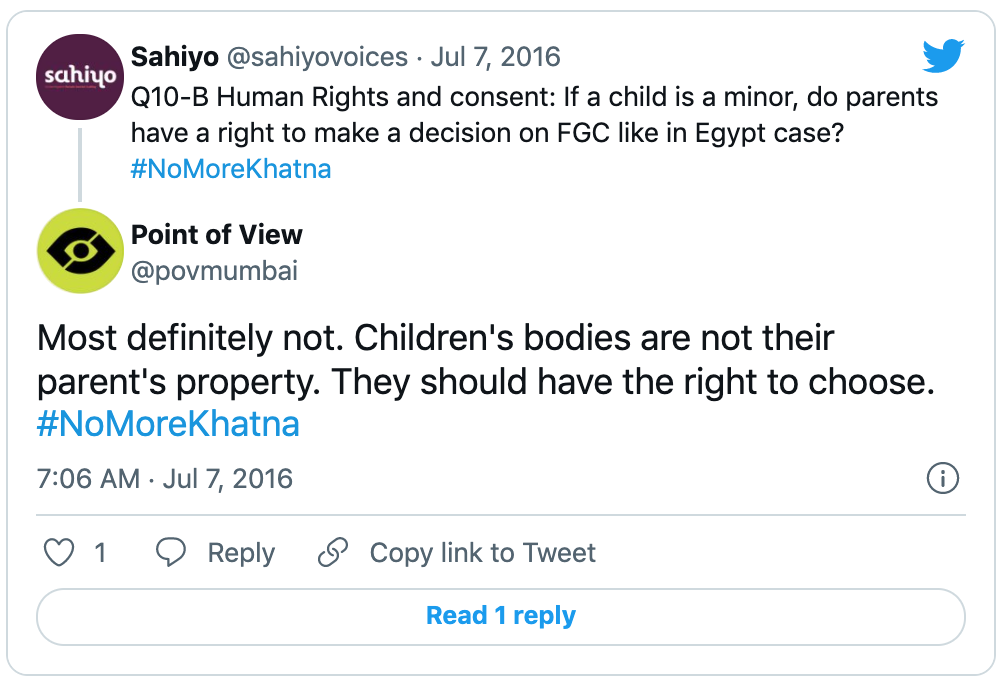
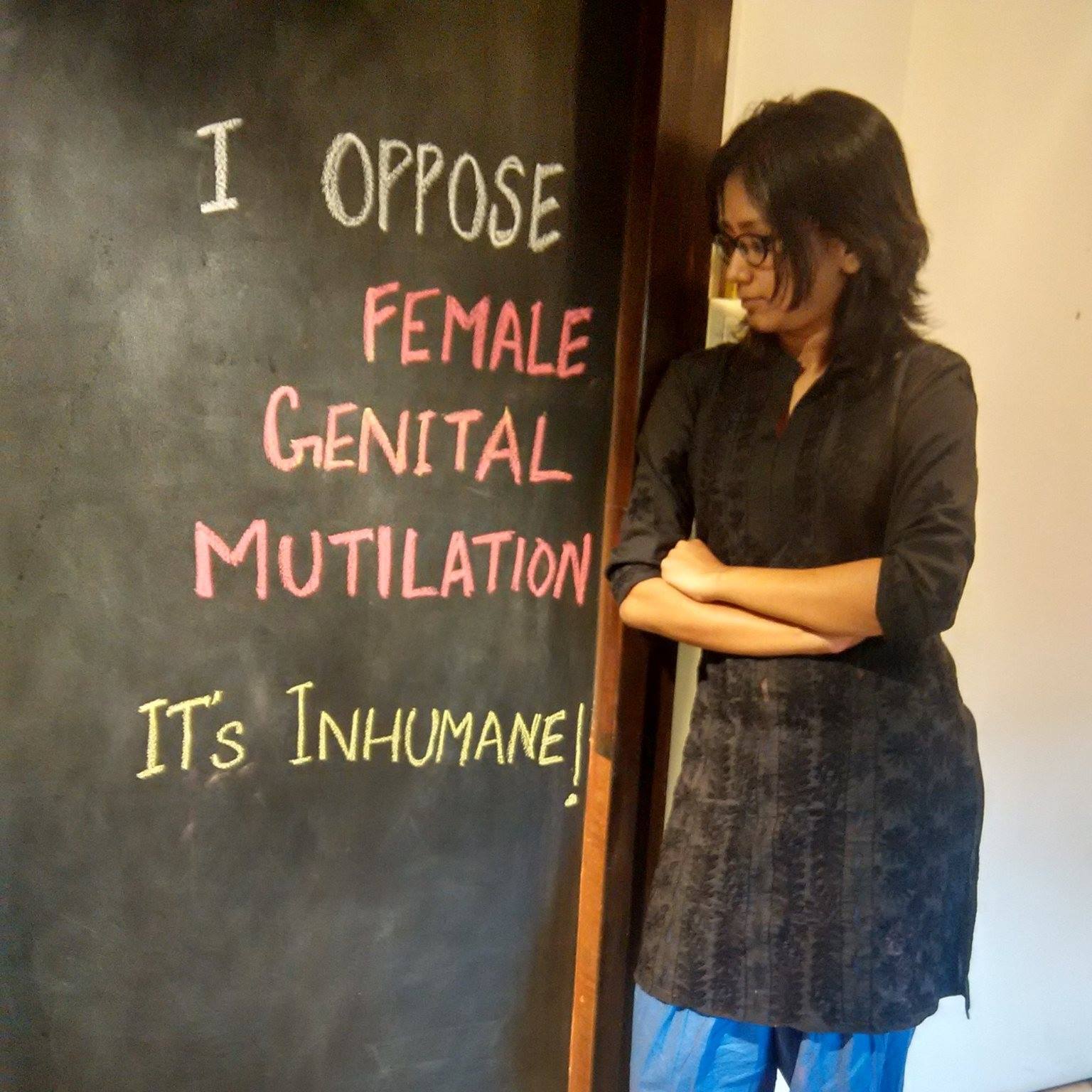

 Mariya: I have spoken to
Mariya: I have spoken to  Shaheeda:
Shaheeda: